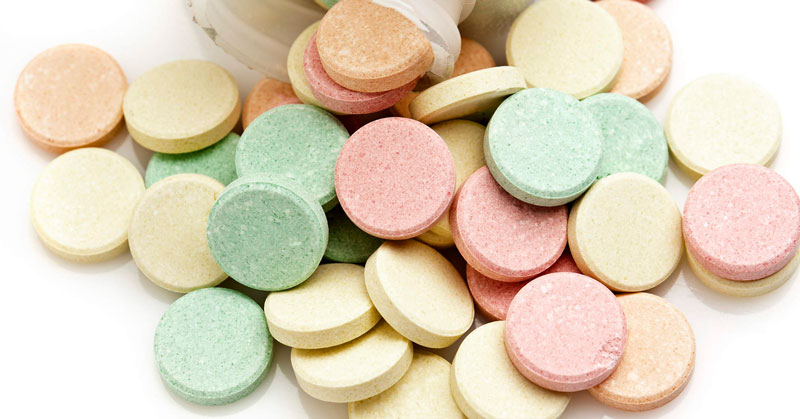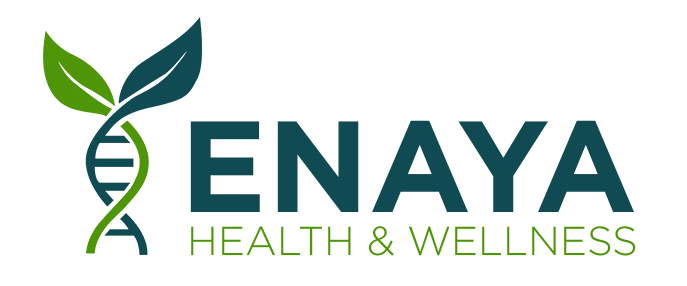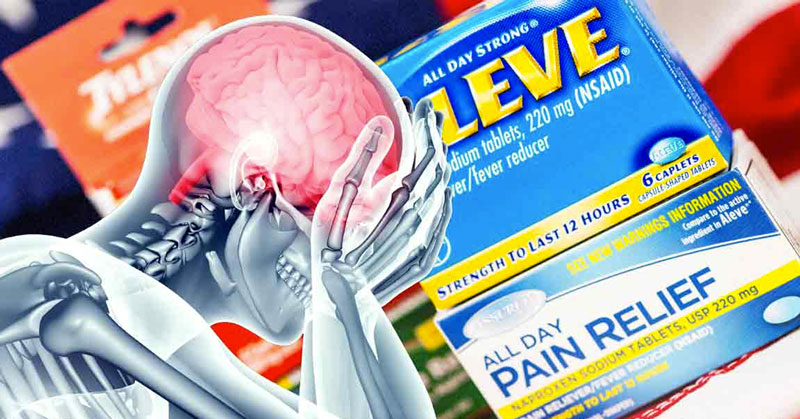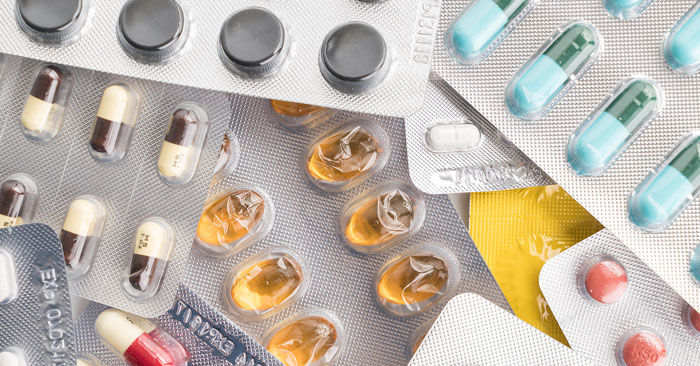
The Dark Side of Antacids—What You Need to Know (PART II)
In last week’s blog, we whisked you, Dear Reader, into a deep discussion about the dark side of antacids (PPIs). You know, those medications touted for suppressing symptoms of heartburn and acid reflux, returning calm to your dinner experience? Yeah, those. We wrote all about it here and want to continue the conversation in the space below.
Long-term dependence on PPI1 antacids, as you know, often triggers a host of dysfunctions in the body. This isn’t revelatory; PPIs work temporarily by suppressing the stomach’s healthy and necessary acid production to control the symptoms of heartburn. They are patchwork over a deeper issue, and unless we address the root cause of heartburn, we cannot expect to restore harmony to the body’s inner ecology. More problems will prop onto your diagnostics chart as the root problem is left untreated.
So what can you do? Should you quit taking PPIs cold turkey?
As with many things in life, quitting PPIs cold turkey isn’t recommended. The withdrawal agonies from quitting antacids are somewhat comparable to those of caffeine and sugar withdrawal (the former, or course, being many degrees worse). While quitting caffeine makes you irritable and lethargic and prone to a bad case of madness—snapping at your succulents from your bed at 1:35 p.m., wondering if you will ever have the energy to adult again—quitting antacids actually worsens your reflux problem. Having suppressed your stomach acid for so long, quitting PPIs cold turkey causes your body to produce high levels of gastrin, the hormone that stimulates the secretion of gastric acid by the parietal cells of the stomach. Your body overcompensates by producing larger-than-normal amounts of stomach acid which then translates into a worse case of acid reflux. It’s common that people who take PPIs for long periods of time grow addicted to them; when they decide to quit, their reflux is worse and more unbearable than it was when it started.
How to get off these medications?
It goes without saying: consult your healthcare provider! This is especially crucial if you are taking PPIs for conditions other than acid reflux and heartburn. Some patients take antacids for more serious conditions and need thorough consultation and evaluation of their condition before they can safely terminate their prescription. Most functional medicine doctors, pharmacists, and naturopaths might be able to wean you off safely and effectively. In any case, below are general pro-tips for weaning off of antacid pills:
FIRST, employ the principles of gradualism: decrease your dosage slowly and gauge your body’s response. If you are taking Omeprazole 40 mg, for example, reduce the dose to 20 mg. If you are taking a double dose daily, slash it to once-a-day. Keep at this for at least two weeks, and if you find that you’re managing, reduce the dose to every other day… and then to every third day… and if you are experiencing side effects (i.e. acid reflux, heartburn) on the medication-free days, try H2 blockers2 to relieve those symptoms. Switch over to a daily dose of H2 blocker if needed and then gradually decrease that in a similar style until you have no symptoms.
SECOND, with Jedi-like intentions, uncover the culprits undermining your gut health and develop drug-free strategies for restoring balance to the force. Or, more accurately, restoring health to your gut. Begin by eliminating processed foods, bad oils (vegetable, soy, corn, canola), processed sugars, and refined carbohydrates from your diet. Stomp them out like you would an infiltrating army of Stormtroopers: immediately and without question. In their place, load up on fresh and organic produce and their nutritious sidekicks. But avoid anything that may irritate your recovering stomach, such as citrus foods (tomatoes, oranges, lemons, etc.), deep fried foods, coffee, alcohol, cigarettes, chocolates, and soda pops. Keep in mind, too, that our generation of Americans is becoming increasingly sensitive to gluten and dairy products. So maybe pass on that latte and scone during your lunch break?
THIRD, begin a food diary documenting the foods you eat alongside any symptoms you experience—both their frequency and severity. You can even undergo a food sensitivity lab test for good measure. During this time, follow these basic food rules for preventing acid reflux:
- Do not lie down right after you eat.
- Always eat an early dinner, approximately four hours before you go to bed. Eating or snacking too close to bedtime is detrimental, not only to your stomach health, but to your overall health and wellbeing.
- Eat smaller meals and chew your food thoroughly.
- Find innovative ways to elevate your head above your chest while you sleep. Larger, fluffier pillows? An adjustable mattress?
FOURTH, sprinkle fermented food onto your meals like you would confetti at your friend’s wedding party! These healthy-gut-bacteria-restoring foods include sauerkraut, kimchi, miso, apple cider vinegar, kombucha, organic raw honey, among many others. Also, don’t succumb to commercially-sold yogurts; not only are they bereft of healthy probiotics, but they are also loaded with sugar—sometimes even more than your favorite tub of ice cream. While these yogurts masquerade as “healthy,” they often go through a pasteurization process which inevitably strips them of their good bacteria. Probiotic supplements and digestive enzymes can help improve your gut health too.
Another friend to your healthy-gut-bacteria-restoring ventures is Aloe Vera juice, which eases acid reflux symptoms by reducing inflammation in your gut. Drinking about one-half cup before meals helps prevent unwanted symptoms.
Ginger root is also extremely beneficial and far superior to lansoprazole, according to a 2007 study. It works amazingly well in blocking acid and suppressing bad stomach bacteria, including H Pylori. Drinking ginger tea, or just plain ginger water, half an hour before meals helps prevent symptoms.
Here’s one that will take you by surprise: melatonin. A humble supplement3 of this sleep hormone (3-5 mg) is enough to help you wean off your PPI medication, as it restores gut health and curbs gastrointestinal symptoms. Believe it or not, our stomachs produce 400 times as much melatonin as the pineal gland, making this hormone a key player in this discussion.
And that, Dear Reader, is your ultimate list of go-to strategies for tackling heartburn and acid reflux, medication-free. The time of chest-wrenching meal experiences is over. The era of smooth food indulgences (nutritious, of course) is about to begin. And in your pursuit of healthy gut bacteria and stomach acid balance, remember that PPI medications can have a role in your health narrative, but they shouldn’t budge as an all-star cast.
Foot Notes
1 Common Proton Pump Inhibitors (PPIs) include: Omeprazole (Prilosec), Esomeprazole (Nexium), Lansoprazole (Prevacid), Pantoprozole (Protonix), Rabeprozole (Aciphex), Omeprazole/Sodium Bicarbonate (Zegerid).
2 H2 blockers include: nizatidine (Axid), famotidine (Pepcid), cimetidine (Tagamet), or ranitidine (Zantac)
3 Other effective supplements for GERD are L-Tryptophan, Vitamin B6, Folate, Vitamin B12, Methionine, Betaine HCL Pepsin, Vitamin D, Glutamine, Slippary elm, and Astaxanthin.





Recent Comments